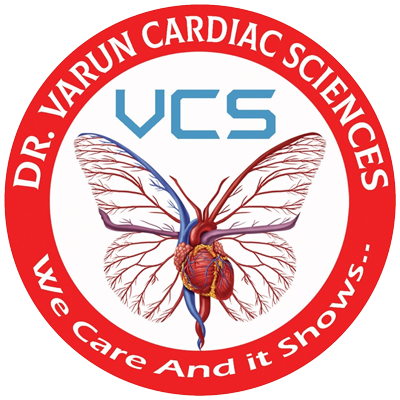In recent years, advancements in medical technology have revolutionized the field of cardiac surgery. One significant development is the advent of minimally invasive cardiac surgery (MICS). This approach represents a departure from traditional open-heart surgery techniques, offering patients potential benefits such as faster recovery times, reduced risk of complications, and smaller incisions.
What is Minimally Invasive Cardiac Surgery?
Minimally Invasive Cardiac Surgery (MICS) is a surgical approach that involves performing heart surgery through small incisions, typically between 2 to 4 inches long. Unlike traditional open-heart surgery, which requires a larger incision to access the heart, MICS utilizes specialized instruments and techniques to operate on the heart with minimal disruption to the chest cavity
How Minimally Invasive Cardiac Surgery Works
The key feature of MICS is its reliance on specialized tools and advanced imaging technologies. Surgeons use small cameras (endoscopes) and instruments that are inserted through tiny incisions between the ribs. These instruments allow surgeons to visualize and operate on the heart without the need for a large chest incision
Types of Minimally Invasive Cardiac Procedures
Minimally Invasive Coronary Artery Bypass Surgery
- In MICS CABG, surgeons access the heart through small incisions and perform bypass surgery to reroute blood flow around blocked arteries.
- This technique can be particularly beneficial for patients with coronary artery disease, offering a shorter recovery time and reduced risk of infection compared to traditional CABG.
Minimally Invasive Valve Surgery
- MICS can also be used to repair or replace heart valves. Surgeons can access the heart through small incisions and repair or replace damaged valves using specialized instruments
- This approach minimizes trauma to the surrounding tissues and reduces recovery time for patients undergoing valve surgery
Minimally Invasive Aortic Surgery
- MICS techniques are increasingly being used to treat conditions affecting the aorta, such as aortic aneurysms or dissections
- Surgeons can repair the aorta through small incisions, reducing the risk of complications associated with traditional open surgery
Benefits of Minimally Invasive Cardiac Surgery
Faster Recovery
Patients undergoing MICS typically experience faster recovery times compared to traditional open-heart surgery. Smaller incisions mean less trauma to the chest muscles and tissues, allowing for quicker healing
Reduced Risk of Infection
Because MICS involves smaller incisions and less exposure of internal tissues, there is a reduced risk of post-operative infections compared to open-heart surgery
Cosmetic Benefits
The smaller scars resulting from MICS are often less noticeable and can contribute to improved cosmetic outcomes for patients.
Shorter Hospital Stays
Many patients undergoing MICS can expect shorter hospital stays compared to those undergoing traditional open-heart surgery, leading to reduced healthcare costs and faster return to normal activities.
What is the process for candidate selection for minimally invasive cardiac surgery?
While MICS offers many benefits, not all patients are suitable candidates for this approach. Factors such as the complexity of the procedure, the patient's overall health, and the specific condition being treated will influence whether MICS is an appropriate option. Your cardiac surgeon will assess these factors and recommend the most suitable treatment approach based on your individual circumstances.
Recovery and Rehabilitation
After undergoing MICS, patients will typically undergo a structured rehabilitation program to aid in their recovery. This may include physical therapy, dietary counseling, and medication management. Most patients can expect to gradually return to their normal activities within a few weeks to months, depending on the complexity of the surgery and individual recovery progress.
Minimally Invasive Cardiac Surgery represents a significant advancement in the field of cardiac surgery, offering patients the benefits of faster recovery times, reduced risk of complications, and smaller scars compared to traditional open-heart surgery. While not suitable for all patients or conditions, MICS is increasingly becoming a preferred option for many cardiac procedures. If you or a loved one is considering cardiac surgery, consult with a qualified cardiac surgeon to discuss whether minimally invasive techniques may be suitable for your specific situation.

